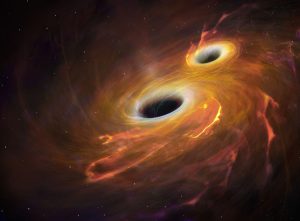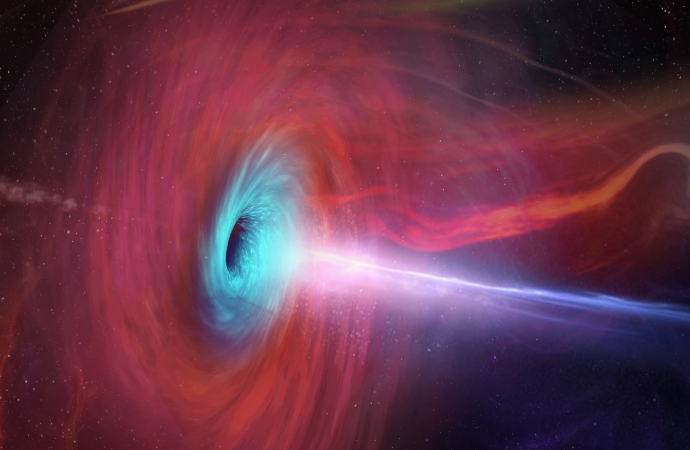Astrophysics, the branch of astronomy that deals with the physical properties and phenomena of celestial bodies and the universe as a whole, has captivated humanity’s imagination for centuries. From the mysteries of the cosmos to the fundamental laws governing its existence, astrophysics offers a window into the grandeur and complexity of the universe. The
Astrophysics, the branch of astronomy that deals with the physical properties and phenomena of celestial bodies and the universe as a whole, has captivated humanity’s imagination for centuries. From the mysteries of the cosmos to the fundamental laws governing its existence, astrophysics offers a window into the grandeur and complexity of the universe.
The Big Bang Theory
At the heart of astrophysics lies the Big Bang theory, a concept that revolutionized our understanding of the universe’s origin. According to this theory, the universe began as an infinitely small, hot, and dense singularity approximately 13.8 billion years ago. Over time, this singularity expanded rapidly, giving rise to the universe as we know it today.
The Fabric of Space-Time
Einstein’s theory of general relativity provides the framework for understanding the fabric of space-time, the four-dimensional continuum in which all events occur. This theory predicts the existence of gravitational waves, ripples in space-time caused by the acceleration of massive objects. In 2015, scientists confirmed the existence of gravitational waves, opening new avenues for studying the universe’s most extreme phenomena.
Cosmic Evolution
Over billions of years, the universe has undergone a remarkable evolution, marked by the formation of stars, galaxies, and large-scale structures. Through processes such as gravitational collapse and nuclear fusion, stars are born, live out their lives, and eventually die, scattering their elements back into space to form new generations of stars and planetary systems.
Black Holes: The Cosmic Mysteries

Image by : Yandex
Among the most enigmatic objects in the universe are black holes, regions of space where gravity is so strong that nothing, not even light, can escape. Formed from the remnants of massive stars, black holes possess a gravitational pull so intense that they warp the fabric of space-time around them, creating a point of no return known as the event horizon.
Exoplanets and the Search for Life
In recent years, astronomers have made remarkable discoveries in the search for exoplanets, planets orbiting stars beyond our solar system. Utilizing techniques such as the transit method and radial velocity measurements, scientists have identified thousands of exoplanets, some of which may harbor conditions conducive to life.
The Fate of the Universe
The ultimate fate of the universe remains a topic of intense speculation and debate among astrophysicists. While some theories suggest that the universe will continue to expand indefinitely, eventually becoming cold and dark in a phenomenon known as the Heat Death, others propose scenarios such as the Big Crunch, in which the universe collapses back in on itself.
Conclusion
In conclusion, astrophysics offers a captivating journey into the depths of the cosmos, from the origin of the universe to the fate of its myriad inhabitants. As our understanding of the universe continues to evolve, so too does our appreciation for the wonders that lie beyond our earthly domain.
FAQs
What is astrophysics?
Astrophysics is the branch of astronomy that focuses on the physical properties and phenomena of celestial bodies and the universe as a whole.
How did the universe begin?
According to the Big Bang theory, the universe began as an infinitely small, hot, and dense singularity approximately 13.8 billion years ago.
What are black holes?
Black holes are regions of space where gravity is so strong that nothing, not even light, can escape.
How do scientists search for exoplanets?
Scientists use various techniques, including the transit method and radial velocity measurements, to identify exoplanets orbiting stars beyond our solar system.
What is the fate of the universe?
The ultimate fate of the universe remains uncertain, with theories ranging from continued expansion to eventual collapse or heat death.
















